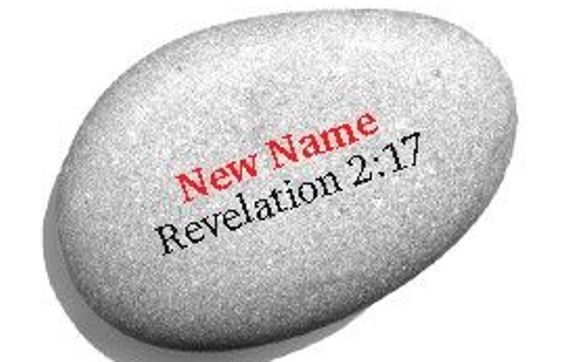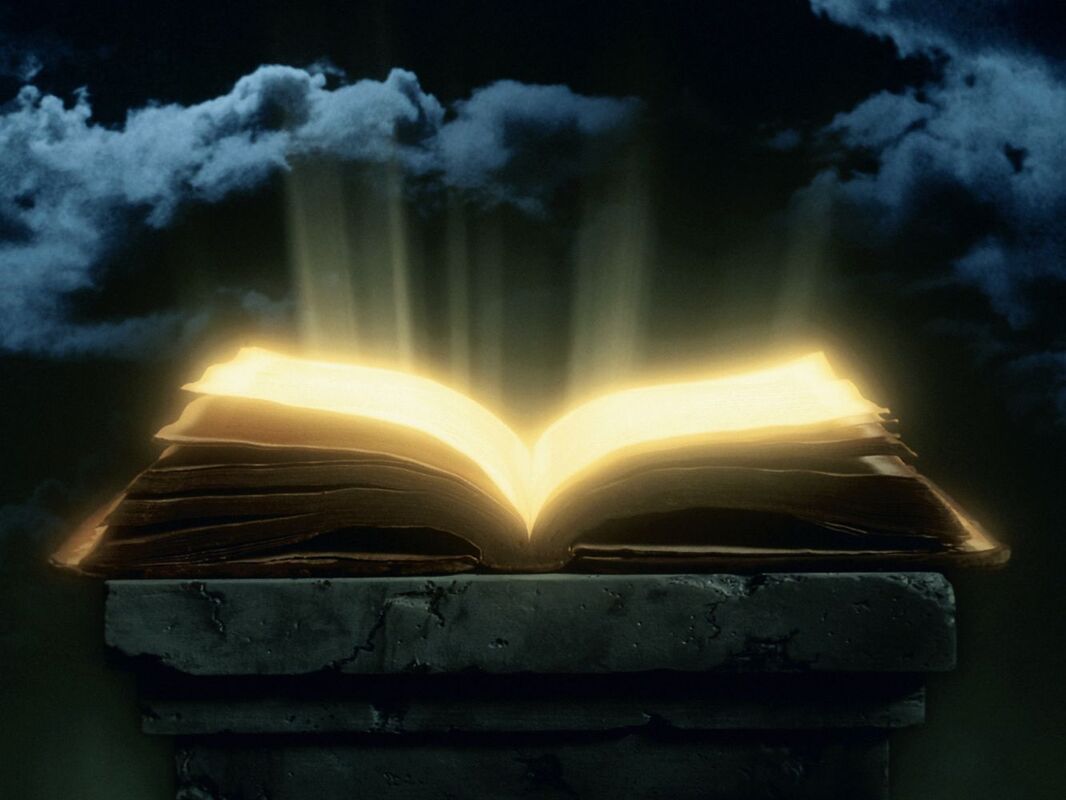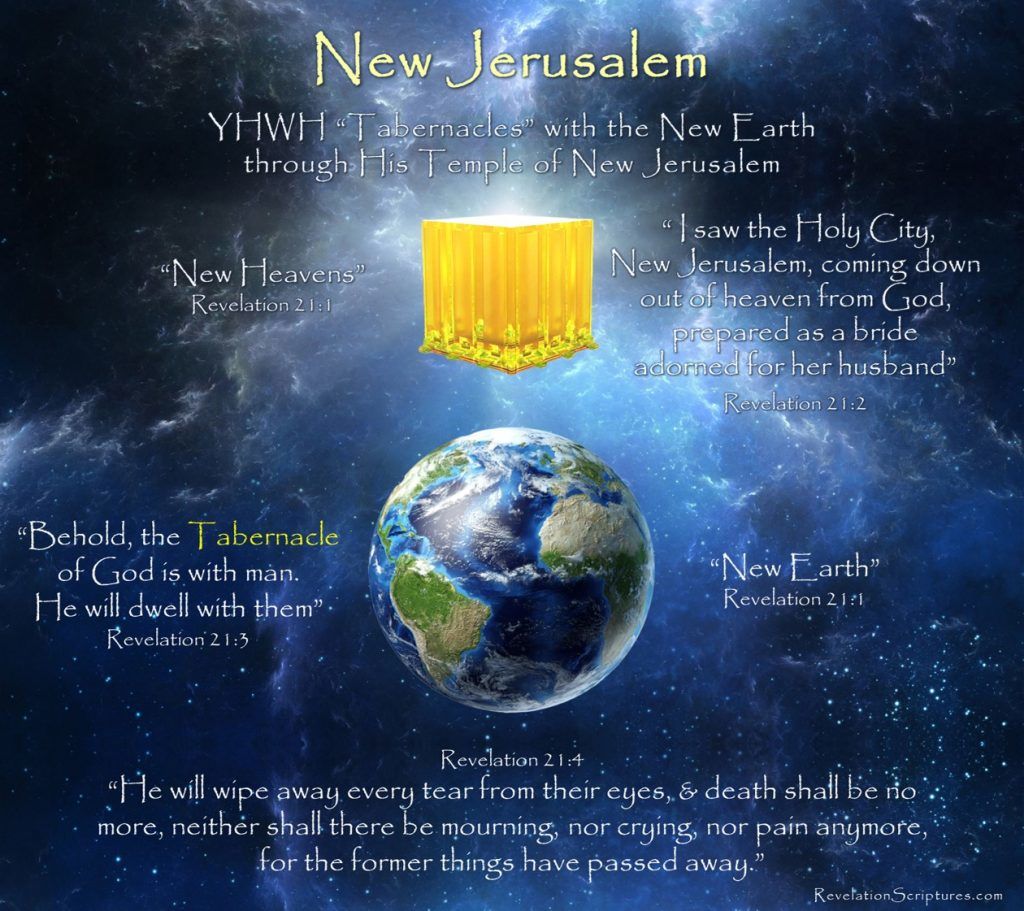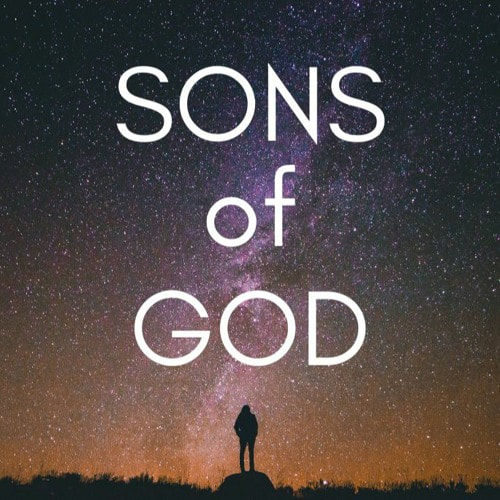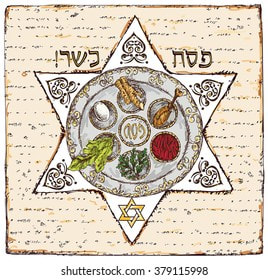Hello ok you have quoted two very different passages; one is a command and the other is simply narrative of a person's life in the Scriptures. The first passage rings very true of an order given by God and makes sure it tells that truth is on the earth and as a matter of fact in each one's heart.
Deuteronomy 30:11-16
Living Bible
11 “Obeying these commandments is not something beyond your strength and reach; 12 for these laws are not in the far heavens, so distant that you can’t hear and obey them, and with no one to bring them down to you; 13 nor are they beyond the ocean, so far that no one can bring you their message; 14 but they are very close at hand—in your hearts and on your lips—so obey them.
15 “Look, today I have set before you life and death, depending on whether you obey or disobey. 16 I have commanded you today to love the Lord your God and to follow his paths and to keep his laws, so that you will live and become a great nation, and so that the Lord your God will bless you and the land you are about to possess.
~~~~~~~~~~~
The second passage is about the parent of John the Baptist whose father was the priest named Zechariah and his wife Elizabeth who is a descendant of Aaron. They were law abiding citizens of Israel.
Luke 1:5-6
Names of God Bible
5 When Herod was king of Judea, there was a priest named Zechariah, who belonged to the division of priests named after Abijah. Zechariah’s wife Elizabeth was a descendant of Aaron. 6 Zechariah and Elizabeth had God’s approval. They followed all the Lord’s commands and regulations perfectly.
Benjamin Baternik -
·
Shabbat Shalom & Remember the Sabbath
Thank for sharing your understanding.
Can you answer the question?
Do these Scriptures:
Deuteronomy 30:11-16,
and
Luke 1:5-6
change your your understanding?
● Example:
No it doesn't No one can keep Torah and this is why…
Yes it does because it is written that it is not hard to keep
Torah, and look these two in the NT did so…
● Second part of the Question.
Which is harder to walk in
Torah
■ Shemoth (Exodus) 20:14 TS2009
“You do not commit adultery.
or the Spirit of Torah
which Christ completed with His teachings?
■ Mattithyahu (Matthew) 5:27-30 TS2009
You heard that it was said to those of old, ‘You shall not commit adultery.’
“But I say to you that everyone looking at a woman to lust for her has already committed adultery with her in his heart.
And if your right eye causes you to stumble, pluck it out and throw it away from you. For it is better for you that one of your members perish, than for your entire body to be thrown into GĕHinnom. “And if your right hand causes you to stumble, cut it off and throw it away from you. For it is better for you that one of your members perish, than for your entire body to be thrown into GĕHinnom.
●●●●●●●
·
Shabbat Shalom & Remember the Sabbath
Thank for sharing your understanding.
Can you answer the question?
Do these Scriptures:
Deuteronomy 30:11-16,
and
Luke 1:5-6
change your your understanding?
● Example:
No it doesn't No one can keep Torah and this is why…
Yes it does because it is written that it is not hard to keep
Torah, and look these two in the NT did so…
● Second part of the Question.
Which is harder to walk in
Torah
■ Shemoth (Exodus) 20:14 TS2009
“You do not commit adultery.
or the Spirit of Torah
which Christ completed with His teachings?
■ Mattithyahu (Matthew) 5:27-30 TS2009
You heard that it was said to those of old, ‘You shall not commit adultery.’
“But I say to you that everyone looking at a woman to lust for her has already committed adultery with her in his heart.
And if your right eye causes you to stumble, pluck it out and throw it away from you. For it is better for you that one of your members perish, than for your entire body to be thrown into GĕHinnom. “And if your right hand causes you to stumble, cut it off and throw it away from you. For it is better for you that one of your members perish, than for your entire body to be thrown into GĕHinnom.
●●●●●●●
Laverne Bolling -
But I thought that you wanted the information inside the passages because both passages are saying something. People can most surely keep and follow the Torah laws and rules. You used an example in Matthew 5:27–30, which is one of The Ten Commandments that we are told to follow and obey. I am sorry if my answer is not want you expected.
But I thought that you wanted the information inside the passages because both passages are saying something. People can most surely keep and follow the Torah laws and rules. You used an example in Matthew 5:27–30, which is one of The Ten Commandments that we are told to follow and obey. I am sorry if my answer is not want you expected.




